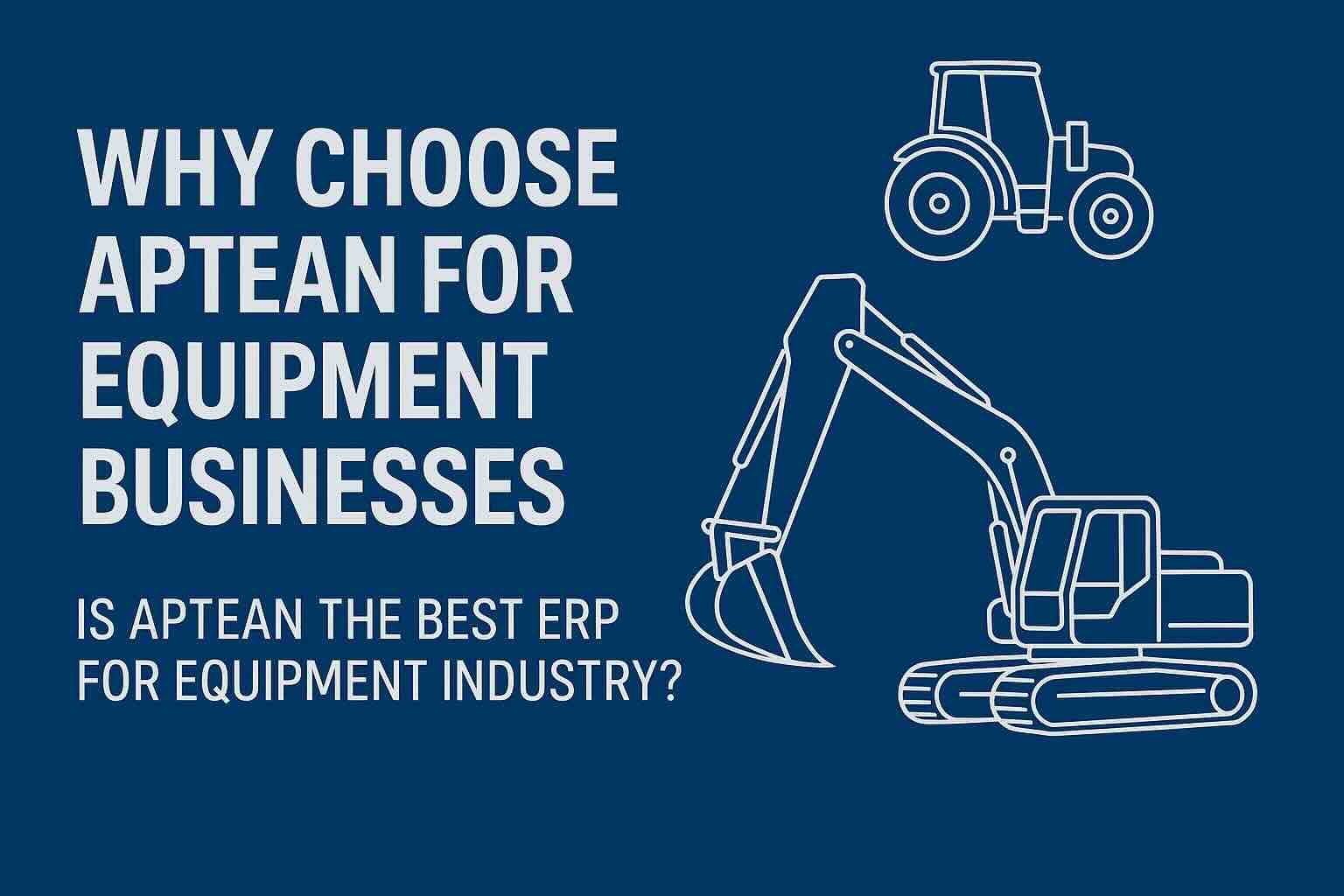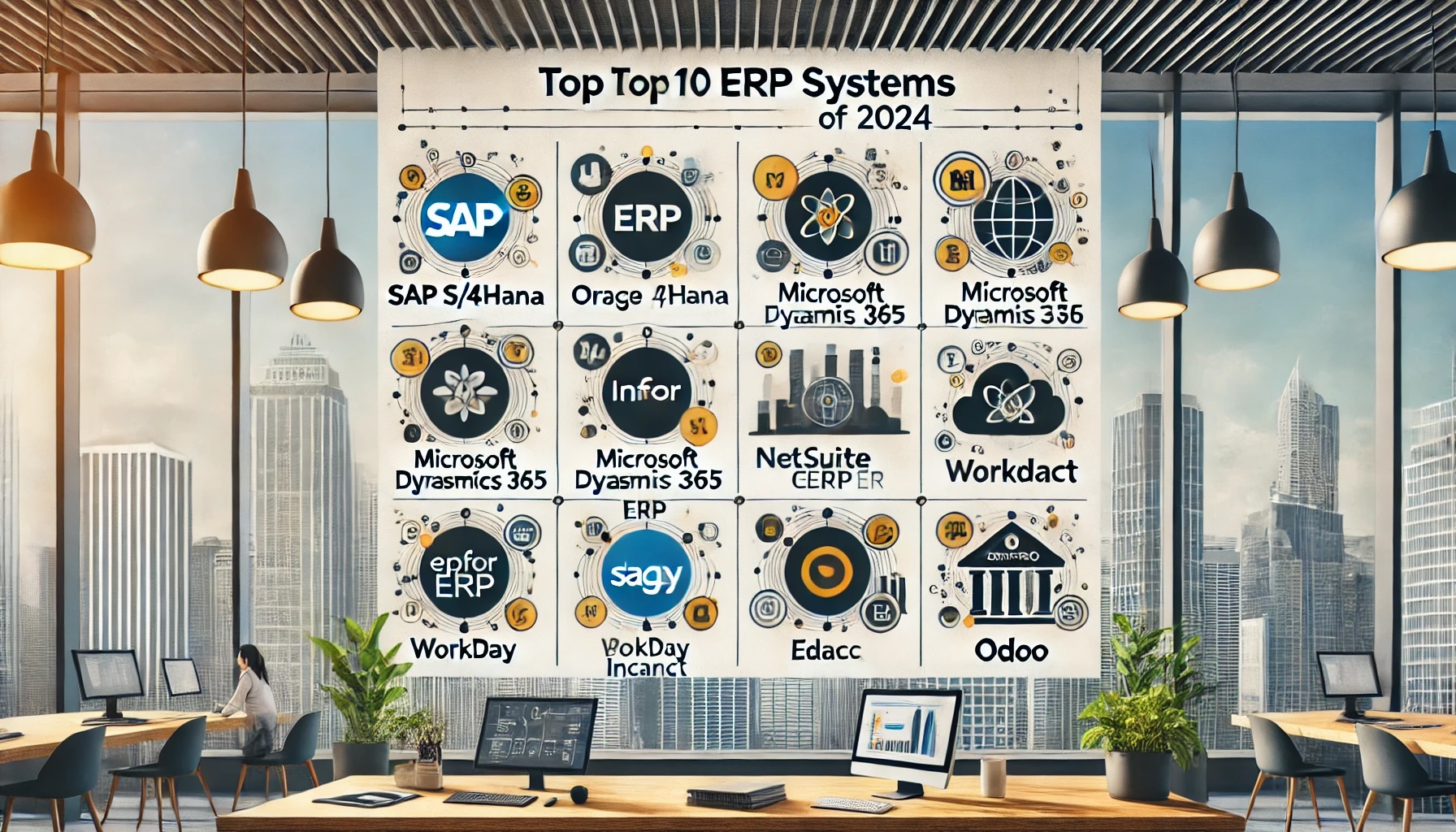Is QAD the Best ERP for Automotive Businesses?

In today’s dynamic automotive industry, businesses face complex challenges such as fluctuating demand, global supply chain disruptions, stringent compliance requirements, and the rapid evolution of technology. Enterprise Resource Planning (ERP) systems have become indispensable for managing these challenges effectively. Among the various ERP options, QAD (Quality Application Deployment) has emerged as a leading choice for automotive businesses. But is QAD the best ERP solution for the automotive sector? Let’s explore its features, benefits, and potential limitations.
Why ERP Systems Are Critical for Automotive Businesses
The automotive industry requires ERP solutions tailored to its unique needs, including:
- Supply Chain Management: Automotive businesses depend on robust supply chains, making it essential to manage components, suppliers, and logistics efficiently.
- Lean Manufacturing: As lean practices dominate the industry, ERP systems must support real-time data analysis, inventory management, and production scheduling.
- Regulatory Compliance: Automotive businesses face rigorous compliance requirements, such as IATF 16949 and ISO standards, which demand comprehensive data tracking and reporting.
- Customer Expectations: With evolving consumer demands, businesses need an ERP system that enables flexibility and customization in production.
Key Features of QAD for Automotive Businesses
QAD has been specifically designed to address the challenges of manufacturing industries, with a strong focus on the automotive sector. Here are the standout features:
1. Industry-Specific Capabilities
QAD’s automotive ERP solution offers industry-specific functionalities such as Advanced Product Quality Planning (APQP), Electronic Data Interchange (EDI), and compliance with industry standards. These tools enable automotive manufacturers to streamline operations while meeting customer and regulatory demands.
2. Supply Chain Visibility
With QAD’s integrated supply chain management tools, automotive businesses gain end-to-end visibility. The system helps track raw materials, optimize inventory, and manage multi-tiered supplier networks, ensuring timely production and delivery.
3. Flexible Deployment Options
QAD ERP supports cloud-based, on-premises, and hybrid deployments. This flexibility is ideal for automotive businesses of all sizes, enabling them to scale operations as needed while keeping infrastructure costs manageable.
4. Advanced Analytics and Reporting
QAD provides powerful analytics and reporting tools that empower decision-makers with real-time insights. For example, predictive analytics help businesses forecast demand, identify potential supply chain bottlenecks, and optimize production schedules.
5. Global Capabilities
Automotive manufacturers often operate globally, and QAD’s multi-language and multi-currency support makes it a strong contender. Its ability to handle global trade compliance and regional requirements is a major advantage.
Benefits of QAD ERP for Automotive Businesses
QAD stands out in the crowded ERP market for its comprehensive approach to the automotive sector. Below are the primary benefits that make it a top choice:
1. Enhanced Operational Efficiency
By automating routine tasks and integrating processes across departments, QAD reduces manual errors and accelerates operations. The streamlined workflows improve productivity and reduce downtime.
2. Improved Quality Control
With built-in tools for quality management, QAD ensures that products meet the highest standards. From supplier quality management to product inspections, businesses can maintain consistency and reliability.
3. Better Supplier Collaboration
QAD’s EDI capabilities facilitate seamless communication with suppliers, ensuring transparency and efficiency in the procurement process. This minimizes delays and reduces costs associated with miscommunication or errors.
4. Scalability and Flexibility
As automotive businesses grow, QAD’s modular design allows for easy scalability. Companies can add or customize functionalities without disrupting ongoing operations.
5. Regulatory Compliance
QAD automates compliance processes, helping businesses adhere to industry regulations effortlessly. Its audit trails and documentation features reduce the burden of manual compliance checks.
Limitations of QAD for Automotive Businesses
While QAD offers a robust solution for automotive businesses, it’s important to consider its potential drawbacks:
- Cost Considerations: For smaller automotive businesses, the cost of implementing and maintaining QAD ERP might be prohibitive.
- Complexity: While its advanced features are beneficial, they can pose a steep learning curve for new users. Training and onboarding are essential but may require significant time and resources.
- Customization Challenges: Although QAD is highly customizable, extensive customizations can lead to increased costs and longer implementation times.
Is QAD the Best ERP for Automotive Businesses?
The answer depends on your business’s specific needs and goals. QAD is undoubtedly one of the most powerful ERP solutions tailored to the automotive industry, with features that address supply chain complexities, quality assurance, and regulatory compliance. However, it may not be the ideal choice for every organization due to its cost and complexity.
If your automotive business requires a highly specialized ERP with global capabilities, robust supplier management, and advanced analytics, QAD is an excellent option. For smaller businesses with limited budgets, exploring other ERP solutions with fewer upfront costs might be a better choice.
Conclusion
In the competitive world of automotive manufacturing, an effective ERP system can be the difference between success and stagnation. QAD’s comprehensive suite of features, industry focus, and scalability make it a top contender for automotive businesses. However, careful evaluation of your company’s requirements, budget, and long-term growth plans is essential before making a decision.
If you’re considering an ERP system for your automotive business, QAD is certainly worth exploring—but ensure it aligns with your unique needs to maximize its value.
To find out more about QAD you can visit this link.
To compare QAD with 100s of other ERP solutions, you can use our new AI-powered Compare ERP tool. It’s free to use and you get a guaranteed discount on your first year’s licence fees with a referral from Compare ERP.









